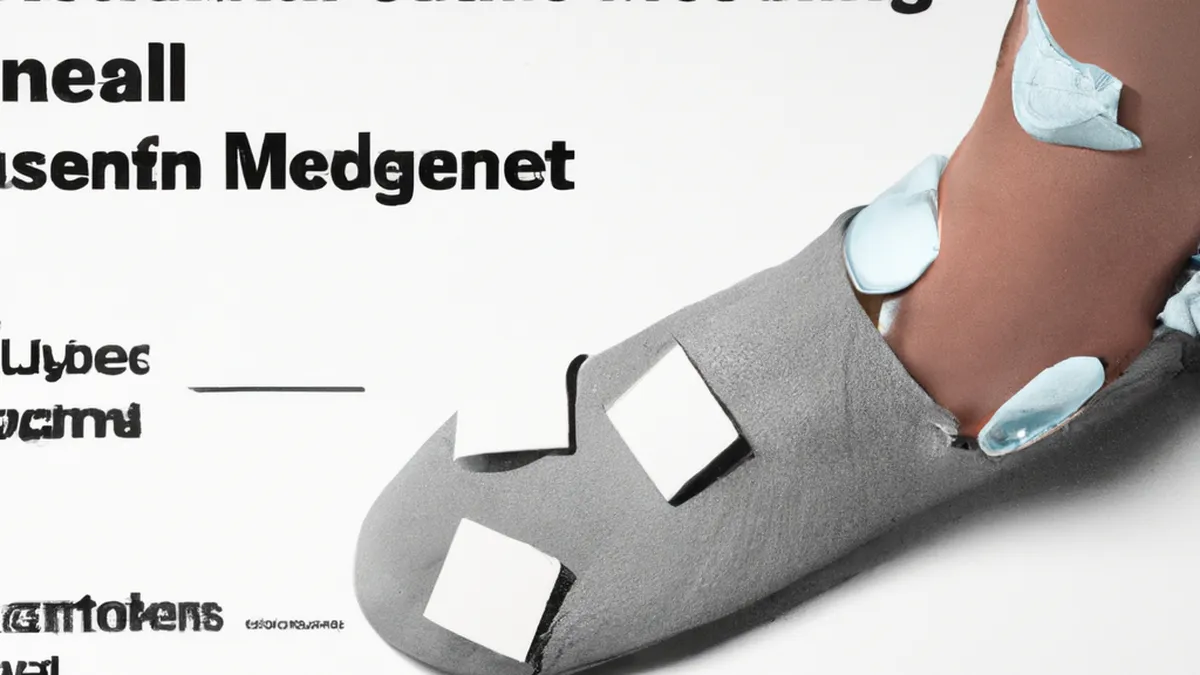Make Shin Splint Content More Dynamic
How to Create Engaging Content for Social Media on Shin Splints
Shin splints, or medial tibial stress syndrome, commonly affect runners, athletes, and fitness enthusiasts. This condition causes pain and discomfort in the lower legs, hindering physical activities. Engaging content about shin splints educates your audience and provides valuable insights for managing symptoms. This post explores effective strategies for creating compelling content that resonates with your audience while addressing shin splints.
Understand Your Audience
To create engaging content, know your audience. Identify who they are: seasoned runners, casual joggers, athletes, or beginners. Understanding their needs, concerns, and knowledge levels helps you tailor your content effectively.
Create Audience Personas
Develop audience personas to represent different segments of your followers. Consider characteristics like age, fitness level, experience with shin splints, and health goals. For example, seasoned runners may seek advanced recovery techniques, while beginners need basic information about shin splints.
Use Relevant Language
Use language that your audience understands and relates to. Avoid jargon unless necessary, and explain any technical terms. For instance, replace “biomechanics” with “how your body moves when you run.” This approach makes your content more accessible and relatable.
Provide Valuable Information
Aim to educate and inform your audience. Share valuable insights about shin splints, their causes, and prevention methods to make your content engaging and beneficial.
Share Causes and Symptoms
Explain common causes of shin splints, such as overuse, improper footwear, and running on hard surfaces. Discuss symptoms like tenderness, soreness, swelling, and pain along the inner shinbone. Present this information clearly, using bullet points or short paragraphs for easy digestion.
Offer Prevention and Treatment Tips
Provide actionable advice for your audience. Practical prevention strategies empower them to take control of their health. Here are some effective tips to share:
– **Gradually Increase Training Intensity**: Encourage your audience to build up mileage and intensity slowly to avoid stressing their shins.
– **Choose Supportive Footwear**: Discuss the importance of selecting shoes that match their foot type and running style. Provide links to recommended brands or models with good support.
– **Incorporate Rest**: Emphasize the need for rest days to allow recovery and prevent injury.
Conclusion
Summarize the insights shared to reinforce key points about shin splints and engaging content creation.
Below are related products based on this post:
FAQ
What are shin splints and who is most likely to be affected by them?
Shin splints, also known as medial tibial stress syndrome, are a common condition that causes pain and discomfort in the lower legs. They typically affect runners, athletes, and fitness enthusiasts, particularly those who engage in high-impact activities or increase their training intensity too quickly.
How can I prevent shin splints while training?
To prevent shin splints, it’s important to gradually increase your training intensity, choose supportive footwear that matches your foot type, and incorporate rest days into your routine. These strategies help minimize stress on your shins and allow for adequate recovery.
What types of information should I include when discussing shin splints in my content?
Your content should include valuable information about the causes and symptoms of shin splints, as well as practical prevention and treatment tips. Clear explanations, such as the common causes like overuse and improper footwear, will help your audience understand the condition better and engage with your content.















Post Comment